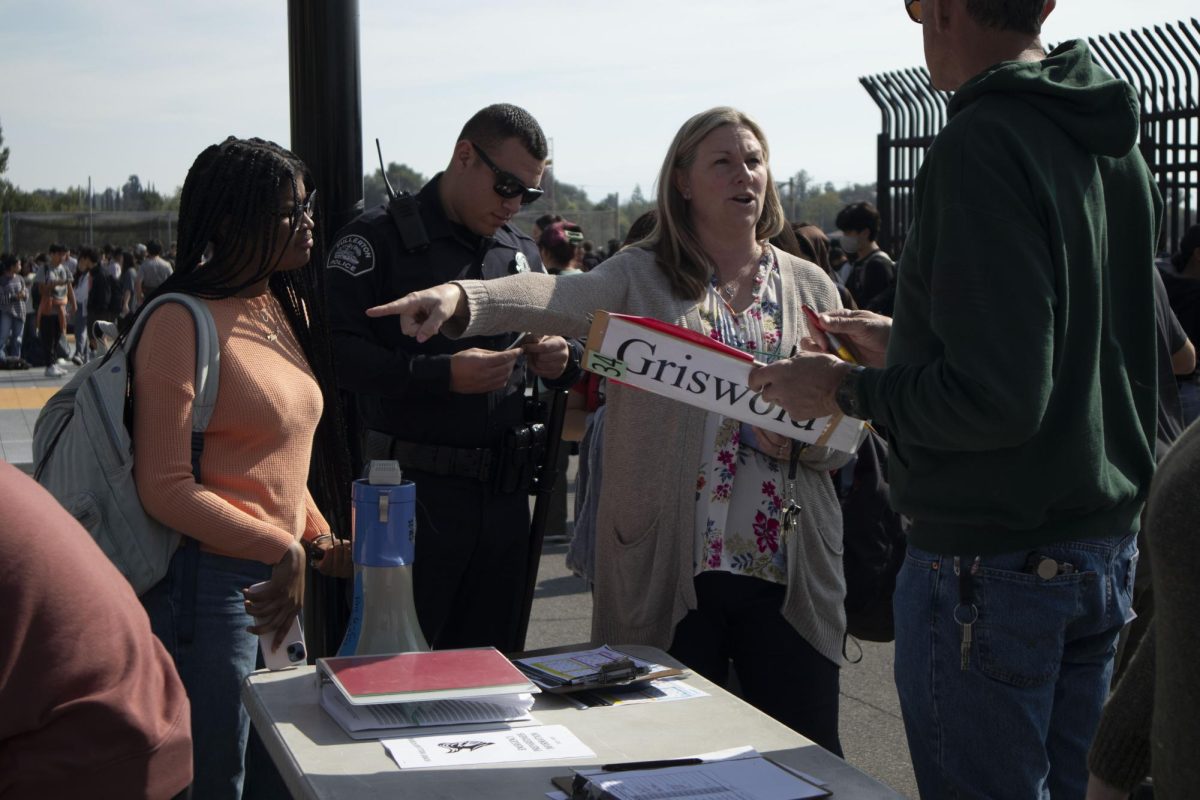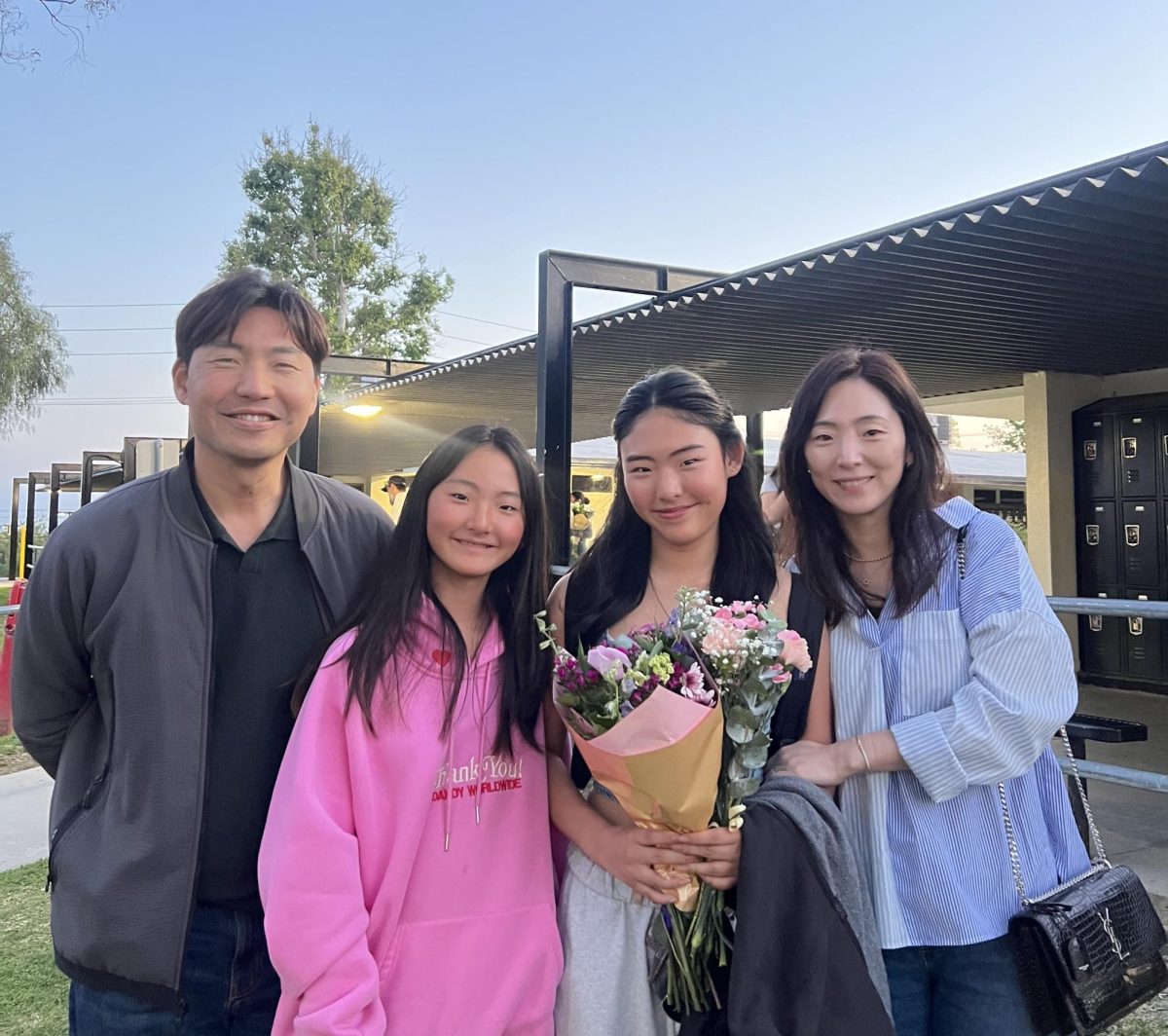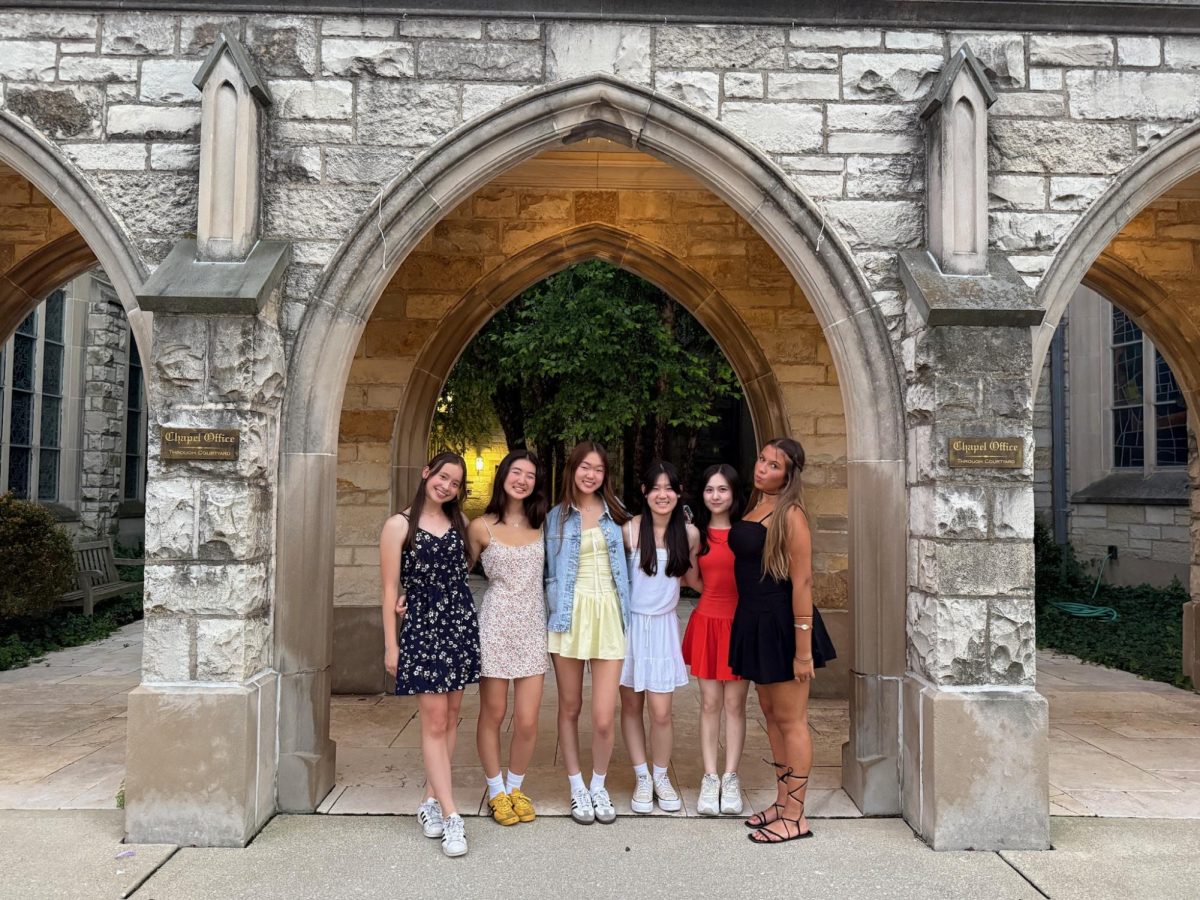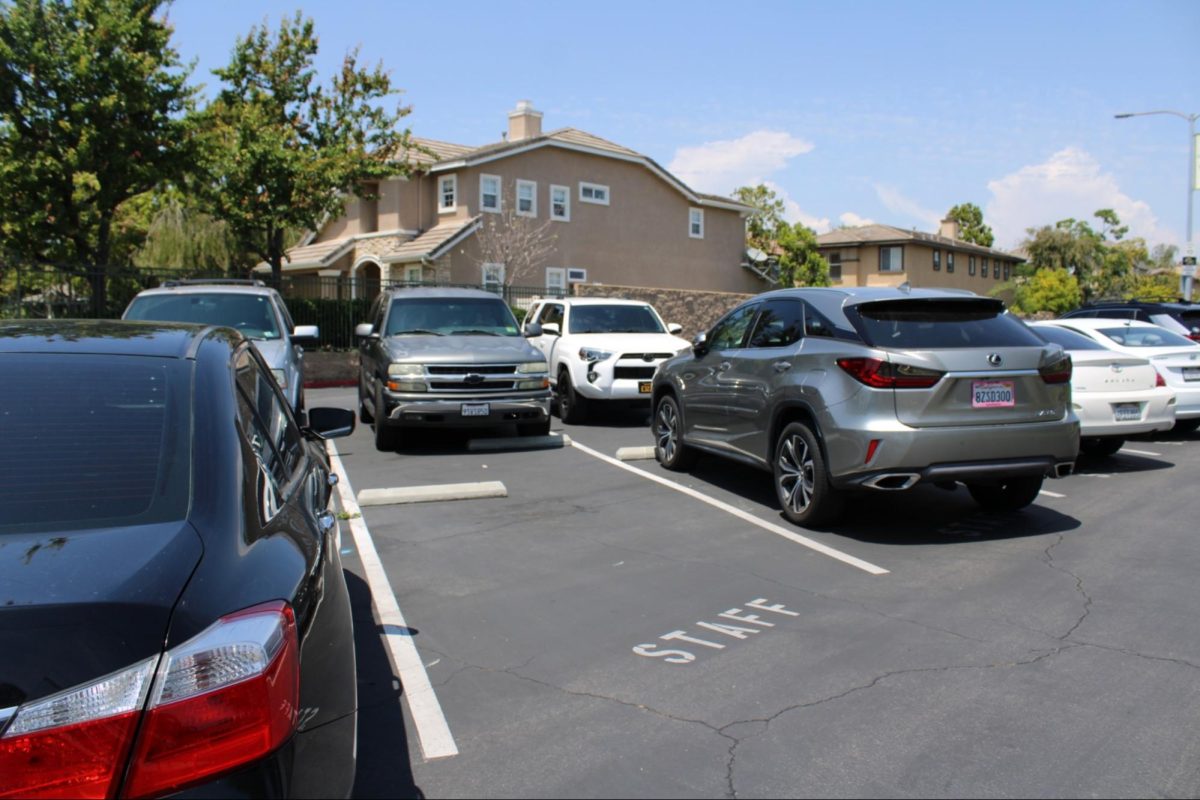The Accolade Editorial Board unanimously agrees school officials need to clearly explain to students the reasons for new safety procedures in light of recent drill.
Increased awareness of mental health illnesses, suicide rates and deaths by active school shooters have made safety a keyword on officials’ agendas in recent years. Such events have sparked deeper looks into inconsistent campus safety measures and their coordination — the Fullerton Joint Union High School District has been no different.
Sunny Hills underwent a part of the change in last month’s evacuation drill when students separated into grade levels to facilitate more efficient evacuations. According to an Accolade poll of 121 respondents administered from Jan. 23-Feb. 29, 53.7% of people like the change, while 28.1% think it’s confusing; 18.2% didn’t have an opinion.
Despite the mostly positive reaction to the new protocol, we want more communication from those in charge of administering this new format. Many of our teachers could not tell us why this step was added to our traditional routine of meeting our second period instructors either on the tennis or basketball courts. We could only infer that perhaps they didn’t know, either.
If students do not understand how such a new procedure affects their safety, officials cannot expect them to properly obey instructions.
During these trying times, what we need most is assurance that safety on school grounds is a main concern. This can be accomplished when administrators actively converse with students to let them know how they are taking action.
Perhaps during morning announcements in second period, an administrator can explain the rationale for the grade level grouping — it’s still not too late — or any future updates to safety measures on campus.
Or add a personal touch and visit each second period classroom and talk to us. Even though we’re already in the second semester, and teachers value their educational minutes with us, we doubt that anyone would be upset if the discussion focuses on the personal welfare of all — students and teachers. Please don’t treat us like robots in which we are just programmed to go here and go there with the ringing of an alarm.
Going back to the Feb. 15 drill, it was only after the fact that some of us were hearing from their teachers that organizing us by grade level could speed up the process of parents picking up their children if an emergency or disaster were to occur.
Nevertheless, no one could tell us what was the problem with our traditional method of remaining with our second-period classes. What ever happened to the old saying, “If it ain’t broke, why fix it?”

Finally, we urge those in charge of making updates to our safety procedures to consider engaging student voices in the decision-making process. Perhaps school or district officials can utilize the Associated Student Body [ASB] and ask someone from that organization to serve as a student representative in our campus’ safety committee that’s headed up by assistant principal Heather Bradley. Upon speaking to Bradley, she has agreed to consider finding a way to obtain student feedback on how drills go, and that’s a positive first step we applaud.
Furthermore, we don’t even mind someone from the district or an administrator here to come and meet with our editorial board during fourth period and share with us what new ideas they are considering when it comes to the well-being of all.
Last January, for example, the district’s mental wellness co-ordinator organized an after school media opportunity via Zoom for student reporters to learn about and ask questions regarding the “You Matter” sticker campaing in all campus’ restrooms. We respected such an outreach and would like to see more.
When the district enacts new policies, it’s important for administrators to inform the rest of the community and be open to diverse opinions, especially during times when safety is an increasingly important theme on school sites. More importantly, transparency builds trust.
Having these conversations that allow for student feedback and an explanation of the reasoning behind decisions would serve as an outlet to let students know the administration cares about their welfare. Don’t we matter?
The Accolade Editorial Board is made up of the top editors and section editors on the new 2023-2024 staff with the guidance of adviser Tommy Li. If you have a question about the board’s decision or an issue for the board to discuss and write about, please send an email to [email protected].












